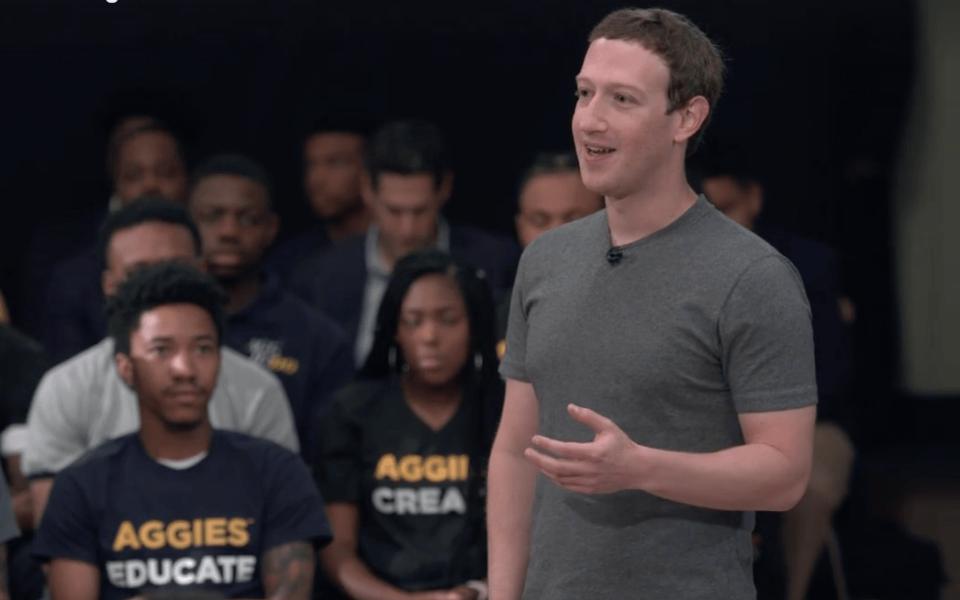For so many Americans — especially the ones whose behavior was manipulated by the social media giant — the news that Facebook had extensive data files with incredible details on each of its users came as a shock.
If you’re unaware of just how much data your favorite time-killer has amassed on you, check for yourself at facebook.com/ads/preferences, a repository for everything you’ve ever liked or shared, every stupid quiz you’ve ever taken, every Farmville request you didn’t have the inner strength to ignore.
It knows what you like — or, at least, what you said you liked — and applies artificial intelligence algorithms to determine what sorts of things you might want to buy.
And in the case of Cambridge Analytica, the international company charged with manipulating people’s behavior via Facebook using sophisticated tracking and targeting techniques, they tested the limits of things their subjects might do, given the proper stimulus.
Digital marketers, none of whom were surprised in the least at what Facebook knows about us, have been using these formulas for years, ever since Google basically invented, or at least co-opted, the programmatic advertising market when it launched AdWords in 2000.
By the time smartphone use reached critical mass in the United States in June 2013 — when more Americans owned one than did not — the most sophisticated surveillance network ever created was in place, with virtually all of its users opting in, and paying for the privilege.
The facts: Your phone knows how old you are, how much money you make, what your house and car cost, where you went to school and what you had for lunch. It knows what you’ve bought and what you want to buy, how you’ll pay for it and the likelihood that you will buy another one.
And if you don’t want an accessible record of all those things, then you don’t want a smartphone. Or a landline either — those are tracked, too.
How very American to take a magnificent coalition of technology like this and use it to sell stuff.
Or, you know, rig an election.
Join the First Amendment Society, a membership that goes directly to funding TCB‘s newsroom.
We believe that reporting can save the world.
The TCB First Amendment Society recognizes the vital role of a free, unfettered press with a bundling of local experiences designed to build community, and unique engagements with our newsroom that will help you understand, and shape, local journalism’s critical role in uplifting the people in our cities.
All revenue goes directly into the newsroom as reporters’ salaries and freelance commissions.


Leave a Reply